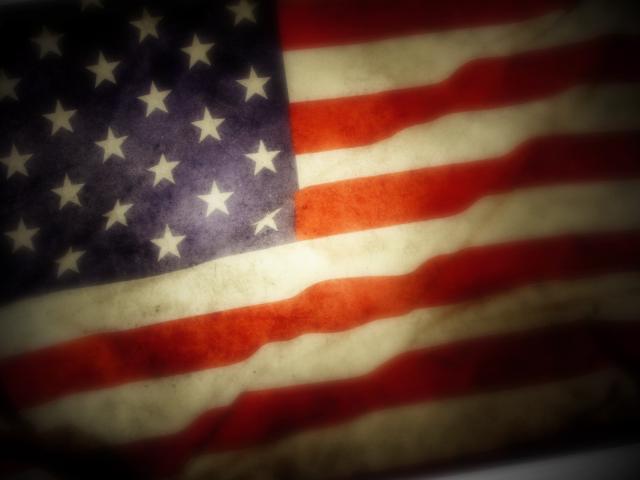
I’m standing on the ruins of an ancient civilization. In northeast Arizona.
Artifacts found at more than 1,000 sites in the surrounding area demonstrate that people lived here for more than 13,000 years. Archeologists call it a “persistent place,” a location where repeated human activity continues through time. But today no one lives here. It is a desolate grassland.
The village stood next to the Puerco River that at the time served as a travel corridor to many people living all along the river. Surrounding the village would have been fields of corn, beans, and squash. The people scratched petroglyphs on the rocks, including an exact marker of the summer and winter solstices.
I imagine a boy and girl playing, a man trudging in from the fields, another carrying fish from the river, women weaving baskets and stirring pots. Normal daily life for them. I close my eyes and can almost hear them calling to one another, laughing, and talking around fires in the evening. All on this very spot. Why did they leave—or die out? What calamity befell them that they couldn’t see coming? How could they have lived here for more than 13,000 years and then disappear?
All gone. Thirteen thousand years of living here. Only ruins left behind.
I wonder at the gravity of it all: Are we so different?
Who do we think we are as a civilization? What do we live for? Our own civilization hasn’t been around for a fraction as long as theirs. And we seem to be on a fast track for wearing out the entire earth.
It makes me think of how temporary we are. And how important it is to live for something beyond ourselves, something eternal. Anything physical will someday be laid waste.
Psalm 103:15-17 (ESV) tells us:
“As for man, his days are like grass; he flourishes like a flower of the field; for the wind passes over it, and it is gone, and its place knows it no more. But the steadfast love of the Lord is from everlasting to everlasting on those who fear him, …”
We may flourish and have impressive lives, or impressive civilizations. But eventually, we’ll all be gone. And we’ll be forgotten. So the most important thing we can do is have a strong relationship with God. Because we were not put on earth to be remembered. We were put here to prepare for eternity.
Isaiah 40:6 (ESV) echoes the same message:
“… All flesh is grass, and all its beauty is like the flower of the field. The grass withers, the flower fades when the breath of the Lord blows on it; surely the people are grass. The grass withers, the flower fades, but the word of our God will stand forever.”
The things we humans have done and made seem so great to us—and in our perspective they are. But as Psalm 103 indicates that our souls live forever, Isaiah 40 indicates that God’s word is the only other thing on earth that lasts forever. Everything else passes away. Everything.
You can’t determine how your civilization lives, but you can decide how you live.
May you firmly grasp how temporary your life is and how essential it is to connect well with God. As you do, may you live well in the face of eternity.
No comments:
Post a Comment
Thank you for visiting Simposious.blogspot.com We welcome your comments.